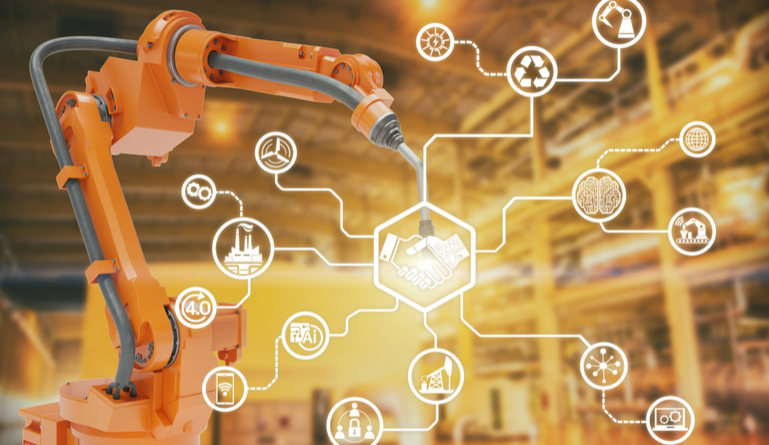Technology has already changed the way many of us work. Computers, for instance, helps businesses see a huge increase in productivity and accuracy. Automation technology has the potential to change business in a similar way – streamlining processes enterprise-wide to help create more productive, efficient, and precise procedures that can help businesses save time and money.
One way that automation could change businesses processes is in human capital management. Automating certain human capital management function – or adding automation to the jobs that people perform – could change the tasks and responsibilities of HCM and the teams that support it.
What are some of the ways that future automation technology could affect human capital management?
-
Creating better workflows: One of the current responsibilities of HCM teams is to ensure that the working experience for employees is a positive, productive one. Automation programs can be a way to help reduce repetitive tasks for certain employees or departments. Automation has already been a positive change for companies working in the industries of logistics, transportation, financial services, research and development, marketing, medicine, and human resources itself.
-
Better hires: Another integral part of human capital management is finding the right talent to support your business. Automation makes this task not only easier – by reducing manual sorting of resumes – but also helps the process by showcasing candidates who are more relevant. Many HR professionals feel like their time is wasted on sifting through applicants who don’t meet their criteria. Most recruitment automation technology is smart enough to only highlight resumes of applicants who likely have the necessary skills and experience. Bringing in employees who will not only be able to get the job done but will also mesh well with the workplace culture and other employees is one of the most important things for those invested in human capital management to prioritize. When the right people are brought on board, the whole business wins.
-
Understanding staffing trends: Automation programs often have built-in analytics features that allow HCM professionals to better understand employment trends. This can help them make hiring and labor decisions earlier, to help manage the flow of work without disruption across the business. This helps managers and employees alike. Additionally, automation can help HR understand turnover and make the necessary changes. For instance, if the corporate culture is causing people to leave or a specific manager is causing people to quit, HR can help make changes and adjustments to make the working environment better for everyone and also help keep people on board. When people leave a business or there are a lot of positions that need filling (like during turnover or seasonal staffing), it can cause stress and anxiety for a lot of people. Automation helps to identify what steps to take to help reduce these employment gaps.
The future of automation technology isn’t completely known, but it’s fair to say that it will likely continue to impact businesses in significant ways. It’s already begun to create changes in the ways that HR handles many of its current responsibilities, helping reduce time and money spent on tasks to help focus employee energy and effort on less repetitive tasks and refocus on more creative or strategic things. While some people feel like automation is going to replace them in the workforce or make them obsolete, automation in HR is far more likely to be a good technology partner to HCM professionals rather than a replacement to these positions. Like any good tool, automation is only as good as the people who use it. Automation can help to make tasks faster, easier, and more accurate, but it can’t replace the most crucial element of working in HR and handling human capital management – building relationships.




